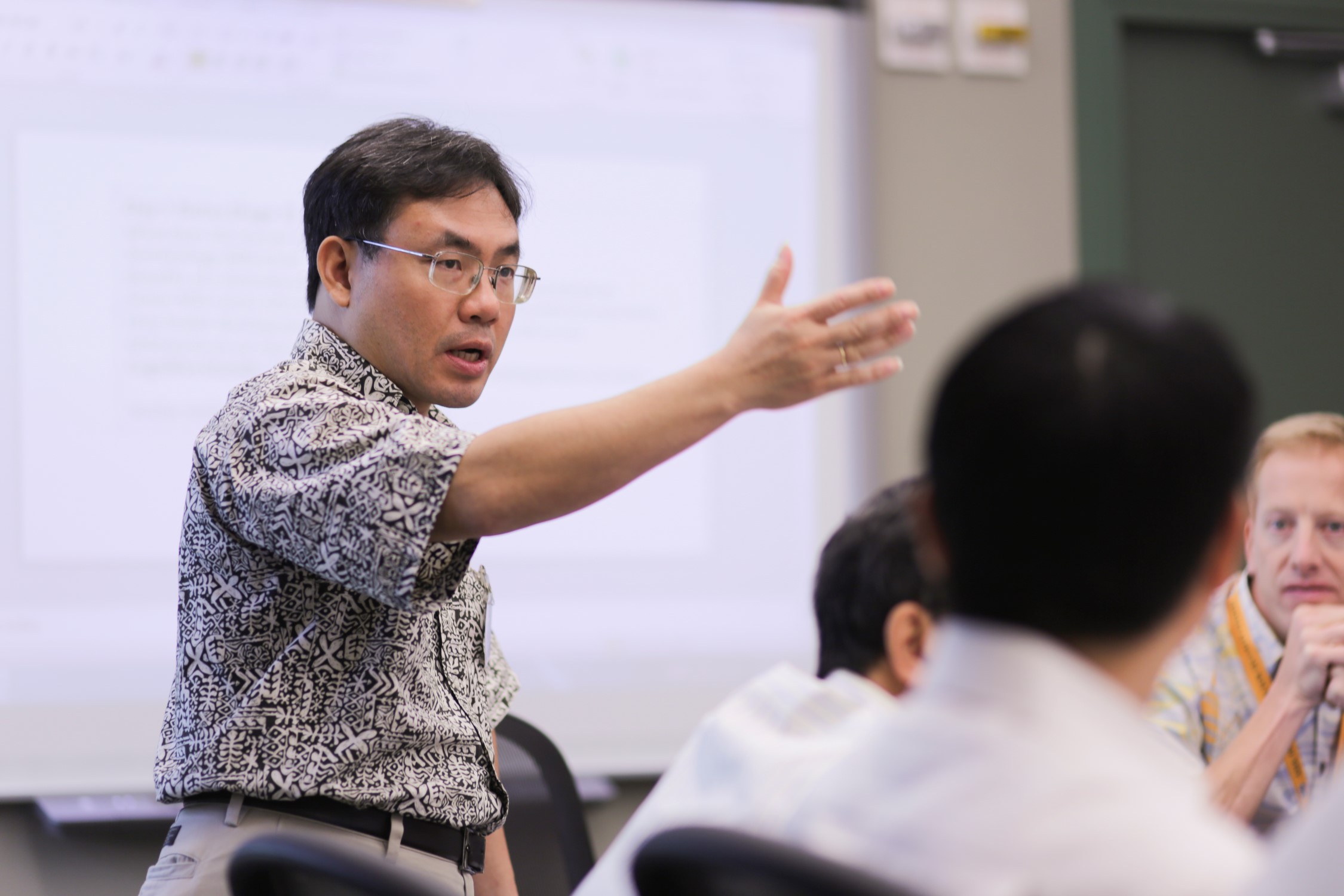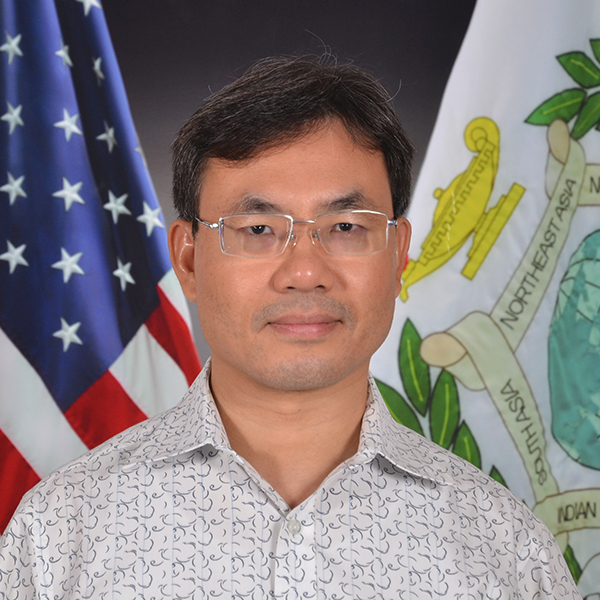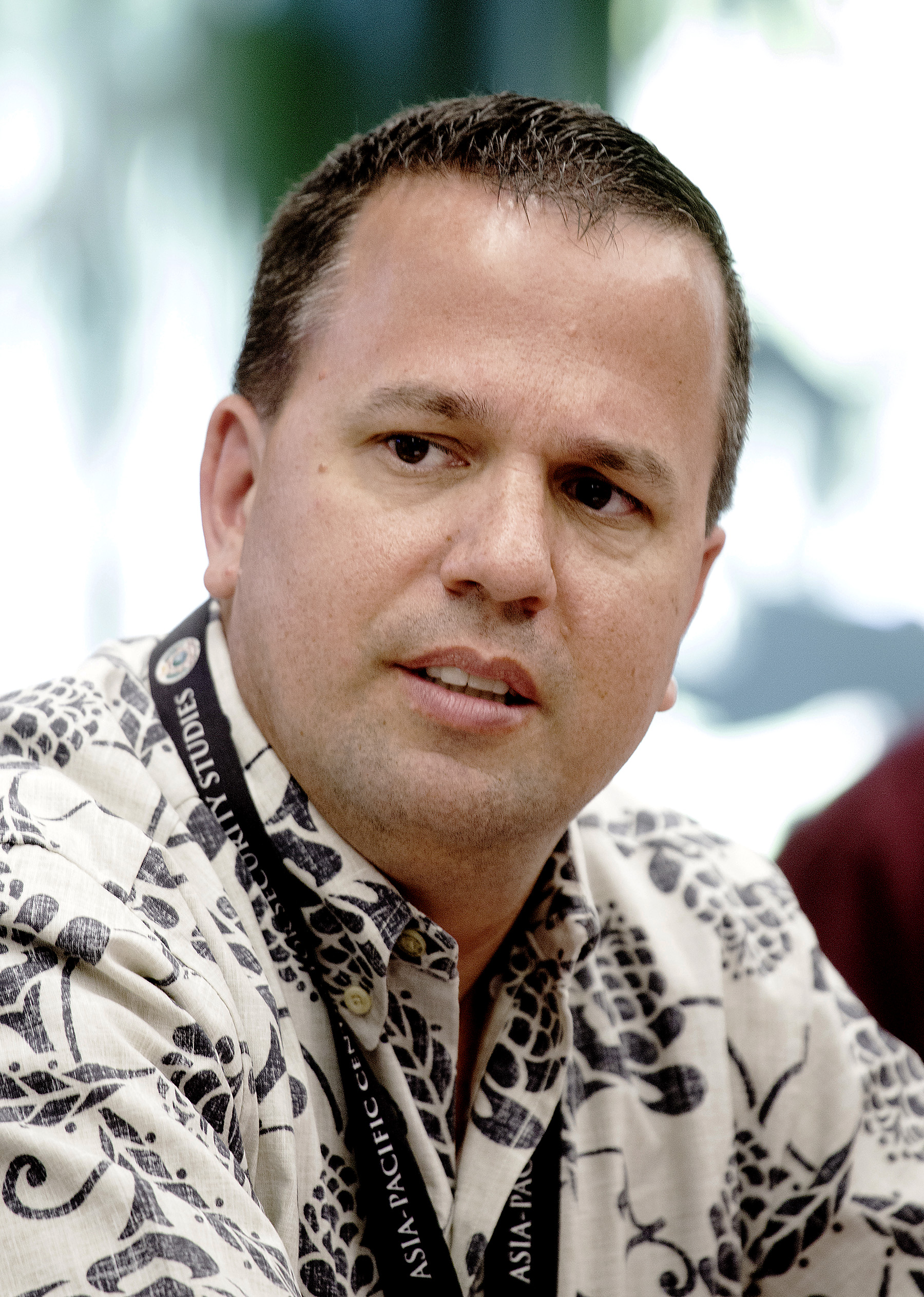OpEd: Tracking Malaysia’s Force Build-up in the South China Sea
Dr. Alex Vuving has a new opinion piece entitled "Tracking Malaysia’s Force Build-up in the South China Sea," on cogitASIA, a blog of the CSIS Asia Program. Here's an excerpt from that article: The declining trend in Malaysia’s defense outlay was halted in 2013. That year, Malaysia was shocked when China staged a naval exercise around James Shoal, a 72-foot deep underwater bank lying 55 nautical miles (nm) off the Malaysian Borneo coast. It was also in 2013 that China Coast Guard ships started to anchor at South Luconia Shoal, an oil-rich area lying 70 nm off Borneo. Each of Malaysia’s [...]














